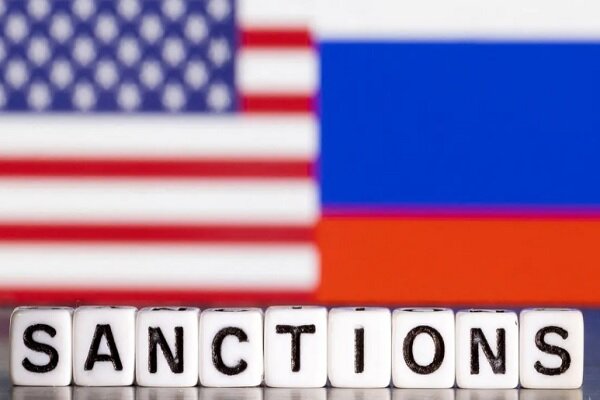US Targets Iran’s Shadow Banking and Yemen with New Sanctions: A Strategic Move to Curb Illicit Finance
The latest developments in international sanctions have seen the US Treasury Department take decisive action against Iran’s clandestine financial operations. These sanctions specifically aim to disrupt a complex “shadow banking” system that enables Iran to sell its oil, petrochemicals, and various commodities while evading existing restrictions. According to a report by Al Jazeera, this move is part of a broader strategy to curb illicit trade practices that undermine global economic stability.
In a recent announcement, the US Treasury Department outlined their targeted efforts to dismantle networks that facilitate these transactions. The sanctions not only focus on Iranian operations but also extend to a “network of Yemeni financial facilitators and procurement operatives.” These individuals are reportedly working in collaboration with a senior Yemeni figure, further complicating the geopolitical landscape in the region.
Among those affected by these sanctions are a variety of individuals and organizations, including:
- A Hong Kong-based ship manager
- A Russia-based Afghan businessman
- The general director of three Russia-based companies
- Individuals who are alleged supporters of Yemeni trade ventures involving Russia
This extensive list highlights the global reach of the sanctions, which are designed to target not only Iranian entities but also their international collaborators. The Treasury’s actions signal a significant step in the ongoing efforts to enforce compliance with international laws aimed at curbing Iran’s oil exports.
The implications of these sanctions are vast. They serve multiple purposes:
- Disruption of Financial Networks: By targeting those who facilitate Iran’s trade, the US aims to disrupt the financial networks that allow Iran to bypass sanctions.
- International Cooperation: These actions may encourage other countries to align their policies with US sanctions, creating a unified front against illicit Iranian trade.
- Economic Pressure: The sanctions are expected to increase economic pressure on Iran, potentially influencing its political decisions and actions on the global stage.
The US Treasury’s approach highlights the complexity of modern sanctions, which often involve multiple players across various countries. The interconnected nature of global trade means that a single country’s actions can have far-reaching consequences, affecting not just the targeted nation but also its allies and trade partners.
Furthermore, the sanctions emphasize the importance of transparency and accountability in international finance. The US government is keen on ensuring that financial systems are not exploited by entities that engage in illegal activities, particularly those that could destabilize regions or promote conflict.
The ongoing geopolitical tensions in the Middle East, particularly surrounding Iran and Yemen, make these sanctions even more critical. The US aims to curtail activities that could fuel further unrest or conflict in the region, thereby contributing to a more stable international environment.
As these developments unfold, it remains to be seen how other nations will respond to the US’s actions. The global community is closely monitoring the situation, as the sanctions could potentially alter trade alliances and economic partnerships.
In conclusion, the US Treasury Department’s recent sanctions against Iran and its network of financial facilitators signify a robust approach to enforcing compliance with international laws. This aggressive stance is expected to create ripples through the global economy, impacting not only Iran but also its numerous international connections. The implications of these actions will likely unfold over the coming months, as countries and businesses navigate the evolving landscape of sanctions and international trade.
For those interested in keeping up with the latest news on international sanctions and their effects on global trade, staying informed is crucial. The dynamics of geopolitical relationships are continuously shifting, and understanding these changes can provide valuable insights into future economic developments.






